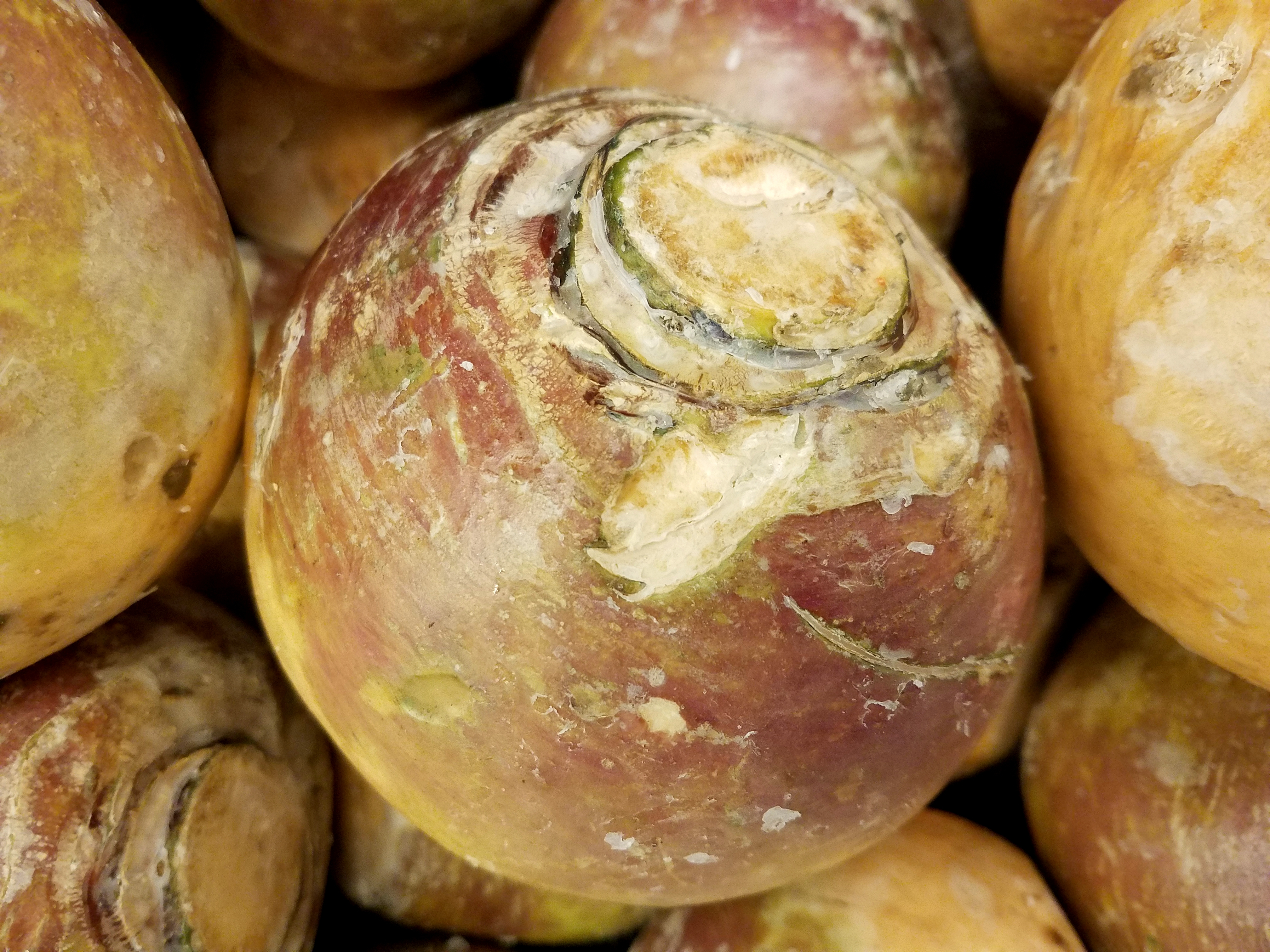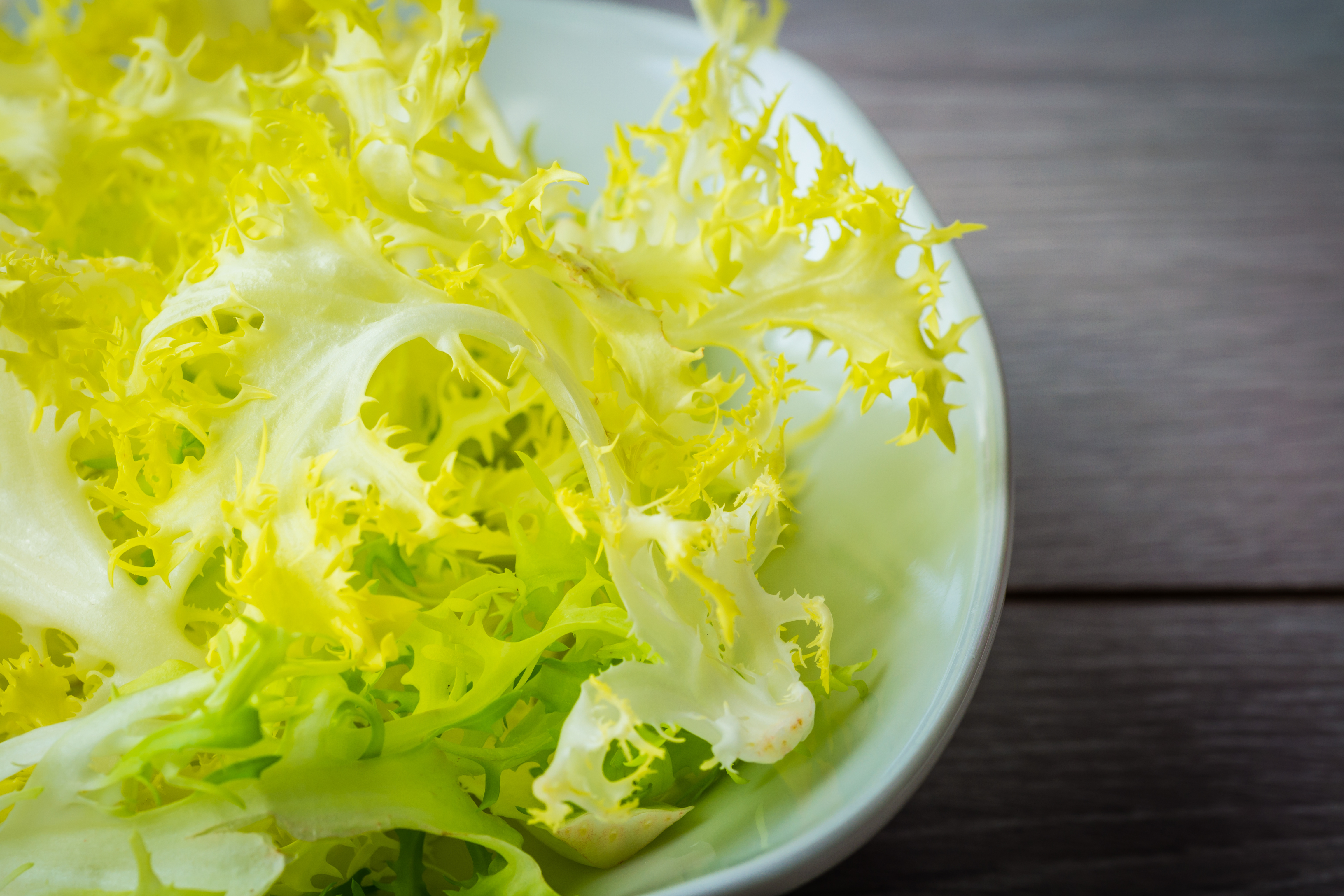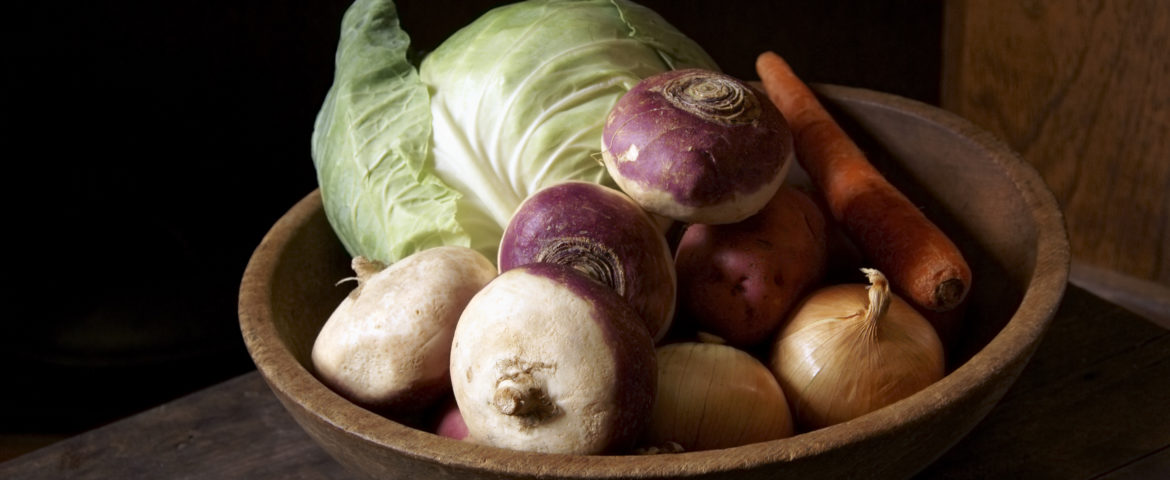By: Lorie Vanden Berg
Eating seasonal foods such as fruits and vegetables is a great way to get fresh, easy-to-find nutrients. While you may not associate the winter months with any foods (as we Michiganders don’t tend gardens in subzero temperatures), the following foods are harvested later in the year and are known for being healthy winter favorites.
- Oranges
Oranges aren’t just for those who live down south. In stock during Michigan winters, they’re full of vitamin C and fiber, and contribute to heart health and lower cholesterol levels. They also boost your immune system, improve your skin and can even reduce your risk of respiratory diseases and other issues. They make great standalone snack or a colorful garnish, such as a tasty addition to salads.

- Rutabagas
These sweet, nutty root vegetables can be thought of as a cross between a turnip and cabbage. They’re high in antioxidants and anti-cancer compounds. One cup contains 53 percent of the daily recommended value of vitamin C at only 52 calories. Rutabagas are an excellent source of potassium, manganese, fiber, thiamin, vitamin B6, calcium, magnesium and phosphorus. They’re a versatile vegetable, so cook them any way you like. Add them to soups and stews, eat them raw as a snack or grate them into salads to up your veggie count.
- Butternut squash
Butternut squash provides vitamins A, E and C as well as fiber, manganese, magnesium and potassium. It has a sweet, nutty taste similar to a pumpkin. Boost your immune system, reduce inflammation, strengthen bones and prevent the common cold all while you enjoy butternut squash in a new, healthy recipe. Try a butternut squash soup to keep you warm during cold, snowy days.
- Escarole

Escarole may not be not very well known by name. But this leafy green member of the chicory family found at any grocery store provides vitamins A, K and C, dietary fiber, beta carotene, vitamin B-9 (folate) and is rich in antioxidants. Research studies suggest that high inulin and fiber in escarole can help reduce glucose and LDL-cholesterol levels in patients with diabetes. The sturdy leaves, mild flavor and crispness of escarole work well in both raw and cooked dishes, including many Italian pasta and soup recipes. Escarole works well in a vinaigrette fruit salad and pairs nicely with cheese.
- Cabbage
Cabbage is rich in vitamin C and fiber. People use it to detox their bodies, as it reduces inflammation, strengthens bones, helps lower cholesterol and strengthens the immune system. It can be consumed in a variety of ways, too—steamed or sautéed, or served raw for a crispy, snappy nutritious snack.
Try the following delicious and nutritious winter recipes:
Escarole Salad with Apples, Blue Cheese and Pecans
Roasted Butternut Squash Kale Sauté
Broccoli, Cabbage and Rutabaga Slaw
Foods that are in season benefit your body in so many ways. Make the most of these winter foods and gain the benefit of added nutrients to help your body stay healthy through the colder months.
About the Author: Lorie Vanden Berg works in corporate wellness as a Product Specialist – Wellness Business Representative at Priority Health. She aids in the implementation of wellness programs for employer groups to promote employee well-being. She holds Certified Faculty Status with WELCOA (Wellness Council of America).


